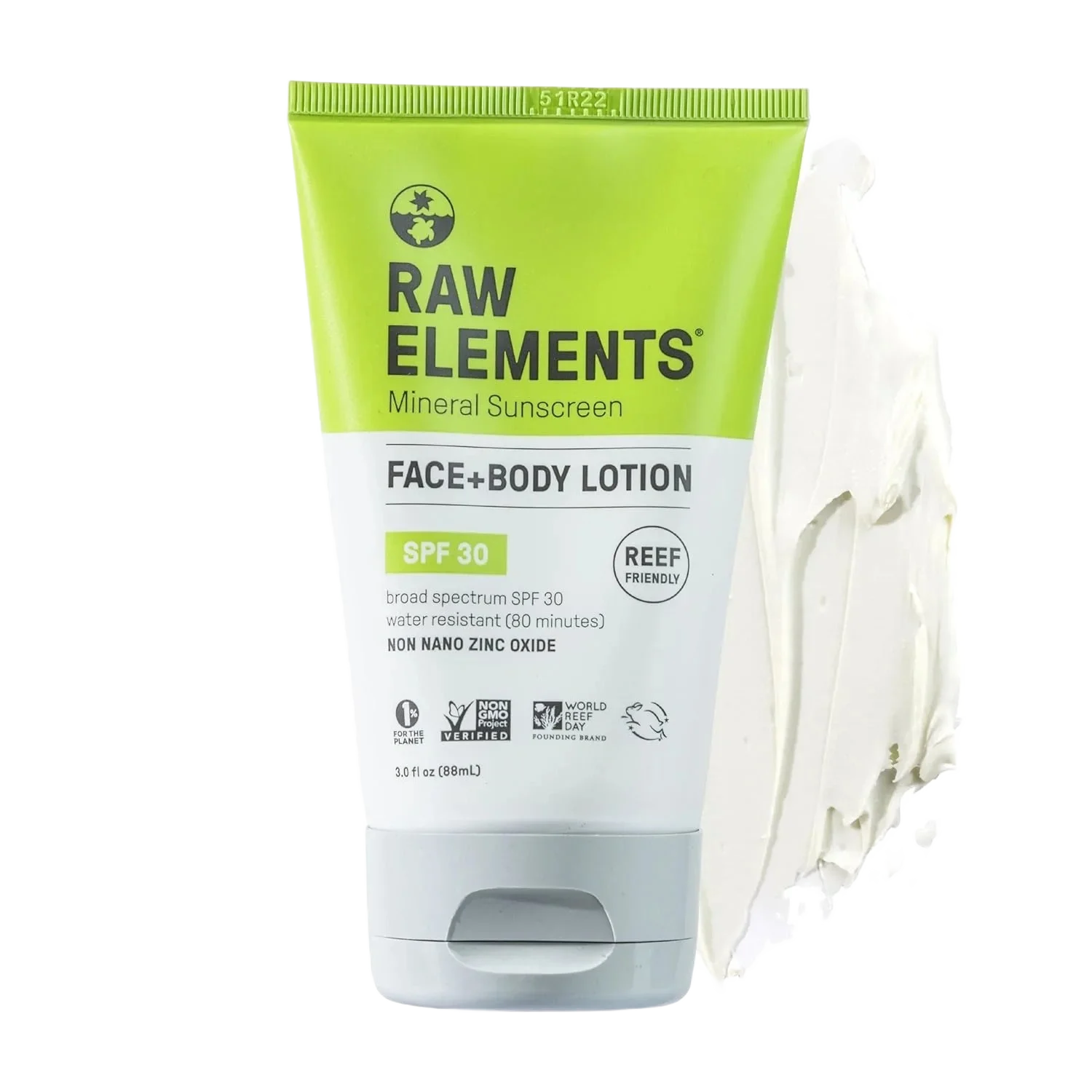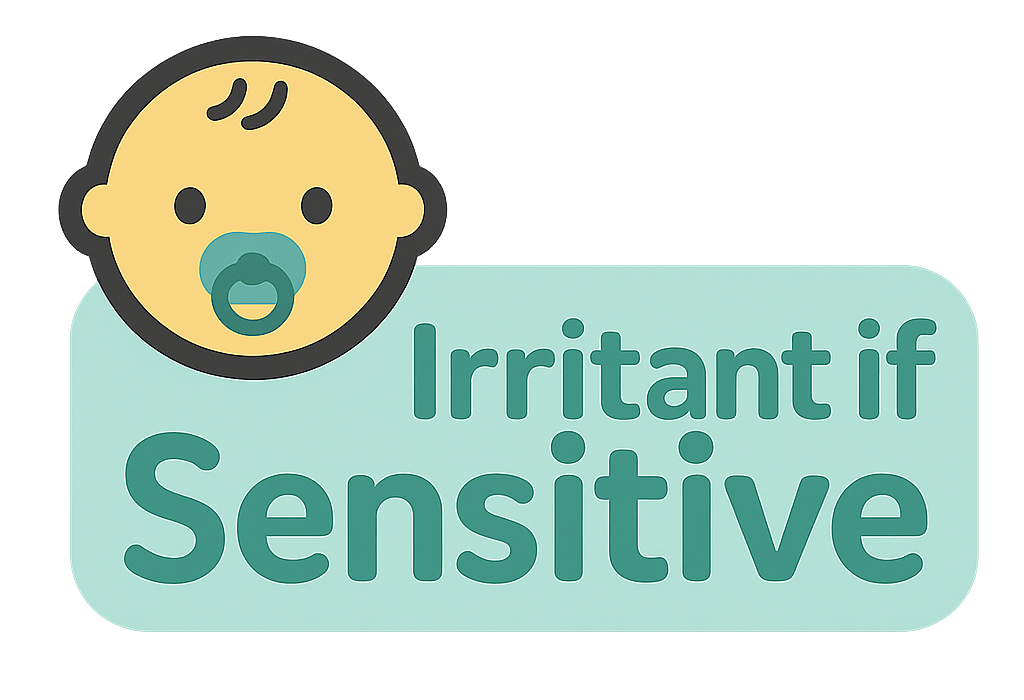RAW ELEMENTS Mineral Sunscreen FACE+BODY LOTION SPF 30
sunscreen • For 0-6 month old infants • Skin contact 🧴
Product Images
Product Photo

Tap to enlarge
Ingredient List

Tap to enlarge
Is this safe for 0-6 month old newborns to use RAW ELEMENTS Mineral Sunscreen FACE+BODY LOTION SPF 30?
Check for Different Age (6 available)
Ingredients Analysis (11 found)













Common Questions About RAW ELEMENTS Mineral Sunscreen FACE+BODY LOTION SPF 30
Is this newborn-safe? RAW ELEMENTS Mineral Sunscreen FACE+BODY LOTION SPF 30
RAW ELEMENTS Mineral Sunscreen FACE+BODY LOTION SPF 30 is not recommended for 0-6 month old babies due to potentially harmful ingredients.
What ingredients should I watch out for?
We analyzed 11 ingredients in RAW ELEMENTS Mineral Sunscreen FACE+BODY LOTION SPF 30. 2 concerning, 1 caution. Check the detailed analysis above for specific concerns.
When can newborns start using sunscreen?
The appropriate age depends on the specific ingredients. This analysis is for 0-6 month old babies. Use the age selector above to check other ages.
⚠️ Important Disclaimers
Product Recognition: Product names are identified programatically and may be incorrect. Always verify product identity yourself.
Safety Analysis: Evaluations are for research only - consult pediatricians for medical decisions. Do not rely solely on this analysis.
No Guarantees: Results may be incomplete or inaccurate. Do not rely solely on this analysis.